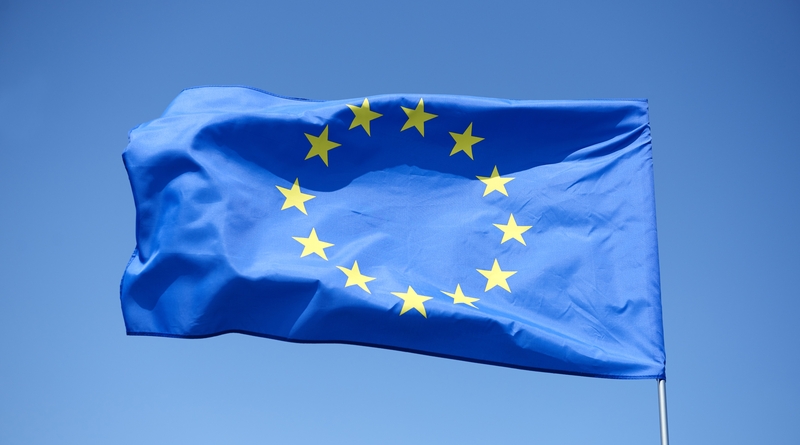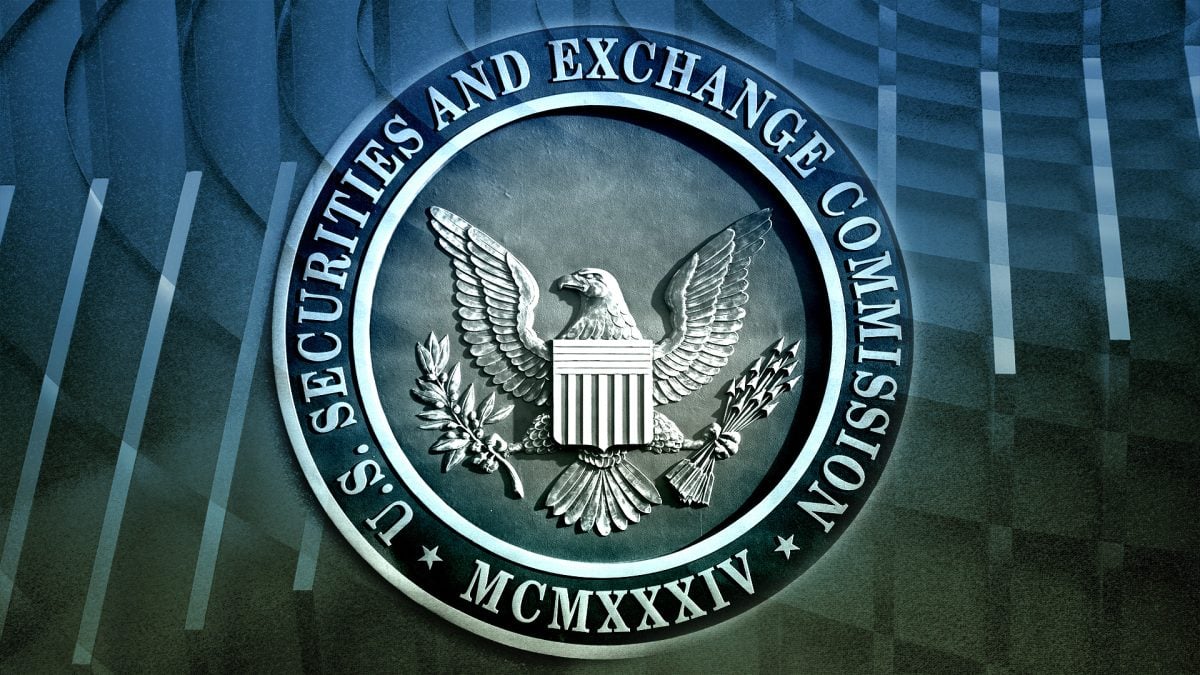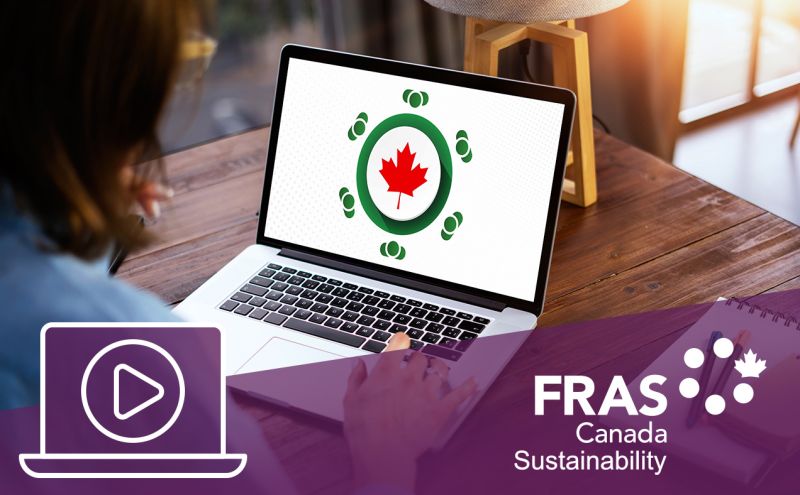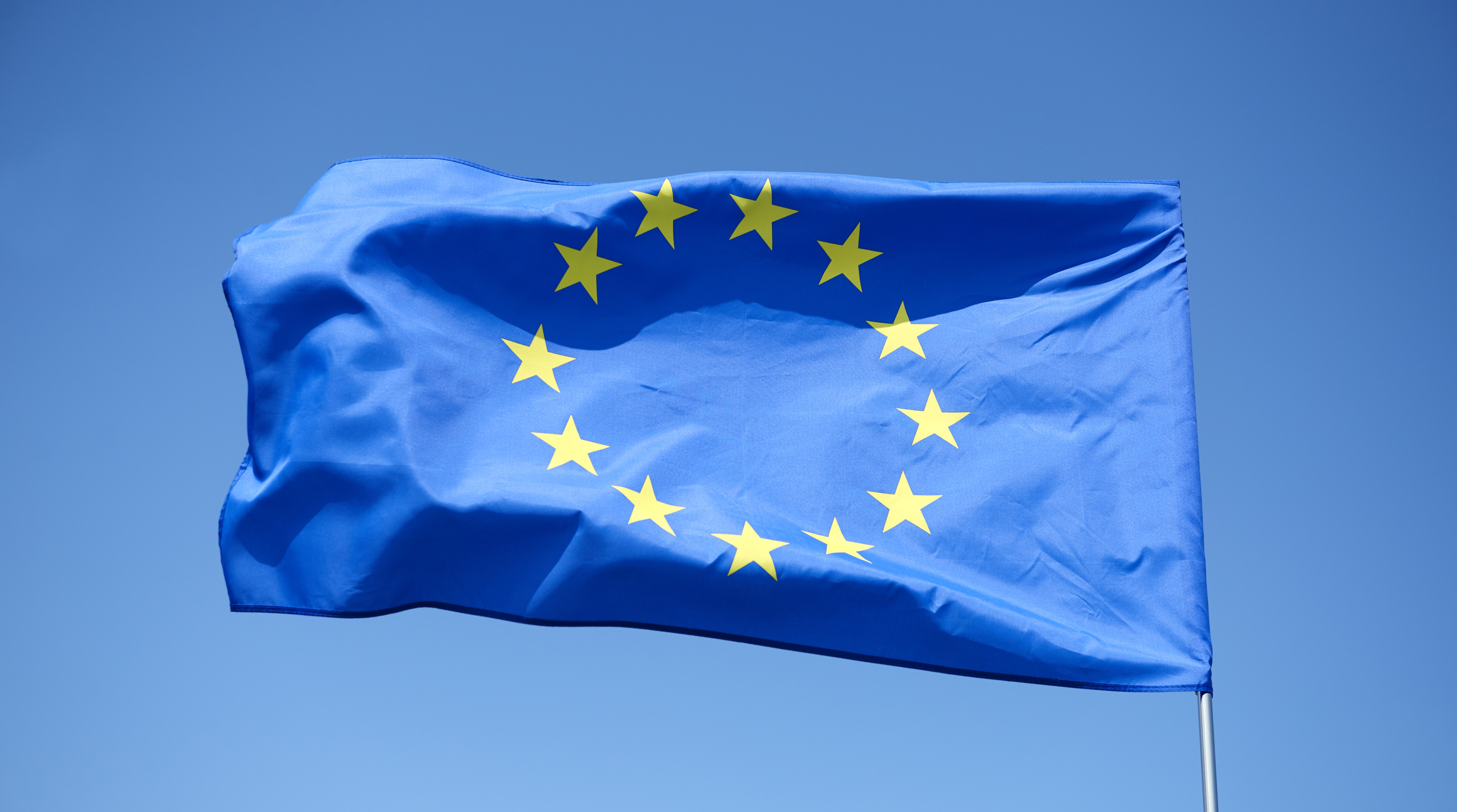EU Grants Extension: Sustainability Reporting Standards Delayed for Select Sectors and Non-EU Entities

EU member states, convening in the European Council, have unveiled a directive that signals a delay in the implementation of crucial sustainability reporting standards. This directive pertains to the Corporate Sustainability Reporting Directive (CSRD) and affects two significant aspects: sector-specific sustainability disclosures and reporting requirements for companies operating outside of the EU.
The recent announcement by the EU Council serves as the conclusive move in formalizing the postponement of the European Sustainability Reporting Standards (ESRS) for targeted sectors and non-EU entities. This decision comes on the heels of the directive receiving the green light from the European Parliament earlier this month.
The directive's approval underscores the complexities and considerations involved in aligning sustainability reporting practices across diverse sectors and geographical boundaries. It acknowledges the need for further deliberation and preparation to ensure the effective implementation of these standards, both within the EU and for companies operating internationally.
The European Sustainability Reporting Standards (ESRS) serve as the guiding framework for companies to disclose their sustainability-related impacts, opportunities, and risks, as mandated by the EU's Corporate Sustainability Reporting Directive (CSRD). This directive came into effect at the beginning of 2024, ushering in a new era of corporate transparency and accountability.
The proposal for the delay originated from the EU Commission in October, as part of its comprehensive 2024 Commission Work Programme. Among its priorities was the aim to alleviate reporting burdens on companies, with a specific focus on extending the deadline for adopting sector-specific European Sustainability Reporting Standards (ESRS). This initiative was underscored as a key action within the Programme.
As articulated by the Council, the rationale behind the delay is multifaceted. Firstly, it allows companies to concentrate their efforts on implementing the initial set of ESRS, thereby streamlining reporting obligations to the essential minimum. Furthermore, the postponement affords additional time for the meticulous development of sector-specific standards tailored to diverse industries, as well as for crafting reporting frameworks applicable to companies operating beyond the EU's borders. This strategic approach aims to ensure the robustness and effectiveness of sustainability reporting practices, aligning them with the evolving needs of businesses and stakeholders alike.
In July 2023, the European Commission introduced the inaugural set of European Sustainability Reporting Standards (ESRS) regulations. These initial standards were characterized by their sector-agnostic approach, outlining general sustainability reporting requirements applicable across industries. Following this, the Corporate Sustainability Reporting Directive (CSRD) was enacted, stipulating the adoption of sector-specific ESRS by the conclusion of June 2024. These sector-specific standards were designed to delineate precise sustainability reporting criteria tailored to the unique characteristics of various industries.
In addition to sector-specific standards, the CSRD also extended its scope to encompass large non-EU companies operating within the EU. These entities were mandated to comply with sustainability reporting requirements, with the adoption of ESRS rules for such businesses initially slated for the end of June 2024. Subsequently, these companies were expected to commence their sustainability reporting obligations starting from the year 2028. This dual approach aimed to ensure comprehensive sustainability reporting practices across both EU and non-EU enterprises, fostering transparency and accountability within the global business landscape.
Under the newly approved directive, the deadline for non-EU companies to adopt European Sustainability Reporting Standards (ESRS) has been extended to the end of June 2026. Similarly, the deadline for sector-specific ESRS adoption has been postponed by 2 years.
In the agreement reached between the EU Council and Parliament on this new directive, lawmakers emphasized the importance of timely implementation. They urged the European Commission to promptly publish and adopt the sector-specific reporting standards as soon as they are finalized, ideally before the revised deadline of 2026. This proactive approach underscores the commitment to advancing sustainability reporting practices swiftly and effectively, ensuring alignment with evolving regulatory frameworks and industry needs.



